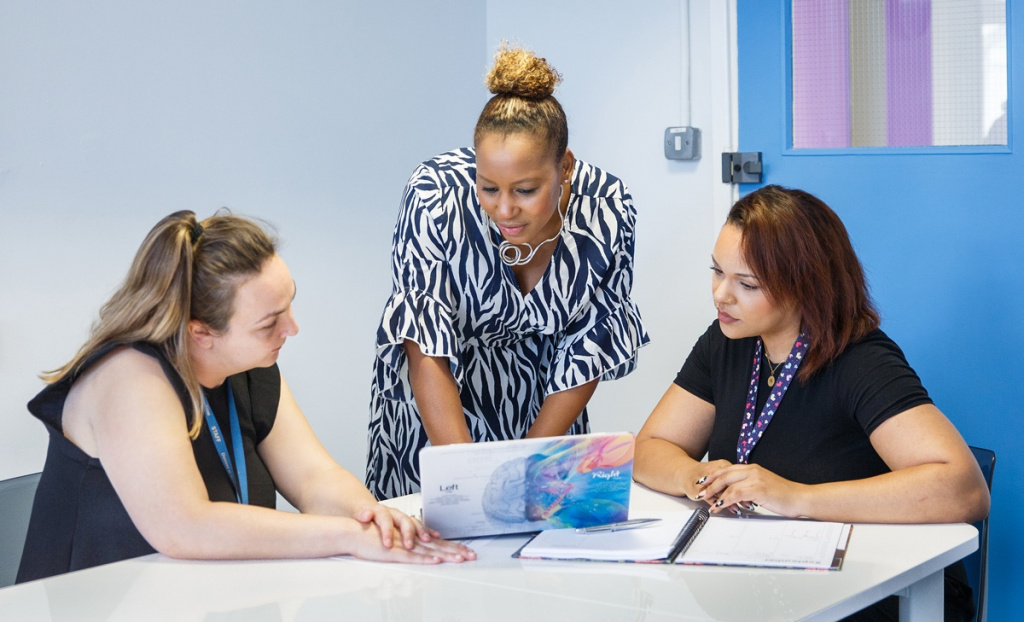
Developing a learning-focused organisation
The British School of Brussels (BSB) is a non-selective, all-through international school with 1,350 students from 70 nationalities aged 1-18 years. The school is made up of 350 staff from diverse backgrounds.
Over a period of eight years, BSB has undergone a cultural shift, transforming into a thriving learning organisation. In terms of professional learning (PL), we have moved from a sporadic, directed model of professional development for teachers to an ongoing, intrinsically motivated, self-accountable model of PL for all.
The professional learning community (PLC[1]) model in this setting fosters staff interdependency and self-directed learning and is underpinned by distributed leadership. Within our school, we believe that as professionals the most valuable resource we have is each other, and we can learn from one another irrespective of our roles, functions or positions in the school.
The professional learning community model
BSB's PLC is a ‘whole-school model’[2] that includes teaching staff, operational personnel and students, valuing inquiry and collaboration among all community members. Our sustainable growth is driven by evidence-based and research-informed decisions, steering clear of superficial trends. We prioritise peer and self-accountability over traditional top-down approaches.
Approaching professional learning in this way has been part of a wider cultural shift. This work is set in the context of our co-created Guiding Statements that influence all decisions and actions at every level of the organisation. Working in this way ensures we remain ethically focused and growth-orientated.